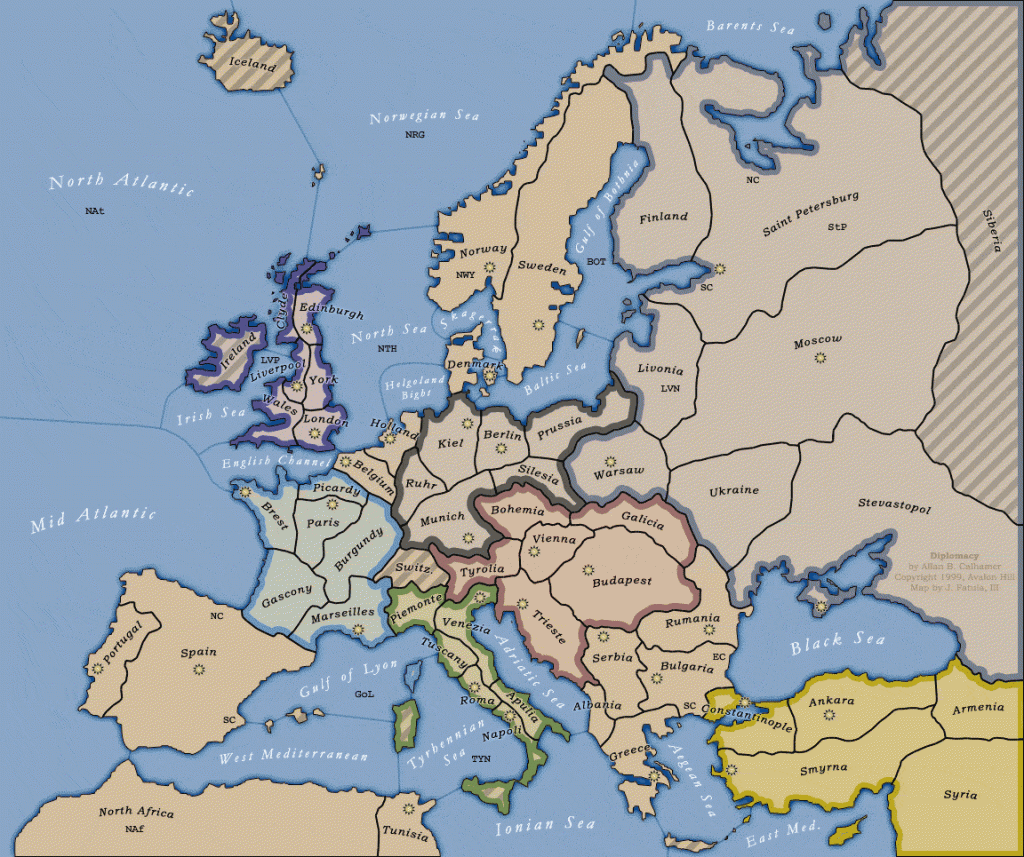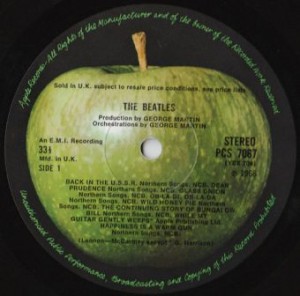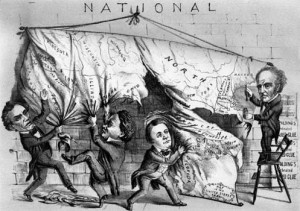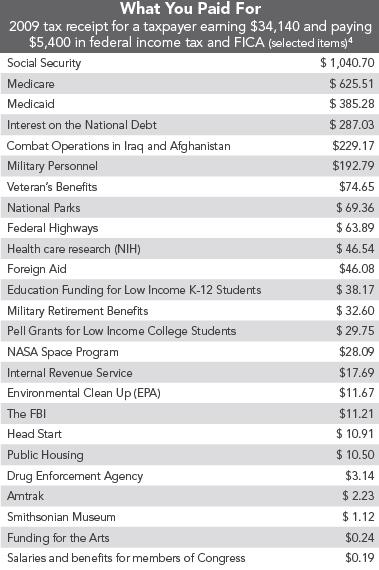For years, I’ve been bothered by NCAA’s insistence on formal language in regard to the tournament. For example, it drives me nuts that Greg Gumbel continually says things like “stayed tuned for more of CBS’s continuing coverage of the 2011 NCAA Men’s Division I basketball tournament.” Just call it “the NCAA tournament,” dude. Or “the tournament.” Or at the post-game press-conferences, when the moderator continually says “student-athletes” instead of “players.” I’d like to remind everyone to please direct your questions to a specific student-athlete. And it’s not like he does it once, it’s every time. Does anyone have any more questions for any of our student-athletes?
But the real kicker has to be “national semi-finals.” No one in the entire country calls it anything else but the “Final Four.” The NCAA uses the term “Final Four” all over its website. CBS’s pregame program before every single tournament game is called “The Road to the Final Four.” But anytime they discuss the games that occur on the Saturday just prior to the Monday night championship game, the say “national semi-finals.” Just a reminder folks, that Duke will play Memphis St. in our first national semi-final game, a 7:06 tip, next Saturday. Butler will meet Siena in the other national semi-final game, 20 minutes after the conclusion of the first game. Just kill me. And it’s not like this formality is universal or anything. They all call the first round of the regionals “the sweet sixteen.”
Still, they may have taken it to a whole new level this year, with the 3rd round nonsense.
Backfill: now that they have three play-in games instead of one, they’ve changed the name of that round from “opening round” to “1st round.” The old 1st round is now the “2nd round,” and the old 2nd round is now the “3rd round.” 3rd round winners will make the sweet sixteen. The problem here is that there has not been a fundamental change to the tournament. This isn’t like when they went from 48 to 64 teams; this is like when they went from 64 to 65. You aren’t adding games anyone cares about, you’re adding more buildup. You might as well start calling the small-conference championship games “1st round” too. Same difference.
I guarantee you that no one — NO ONE — who does not work for the NCAA or CBS will be using this terminology. But we’re going to suffer through it on TV for at least a year, until someone turns their brain back on at CBS. I mean, it’s not like the office pools are suddenly going to start using “1st round” games. That would not only require people to care about what happens on Tuesday and Wednesday in the first round, but it would also mean organizing an entire office pool in less than 36 hours.



